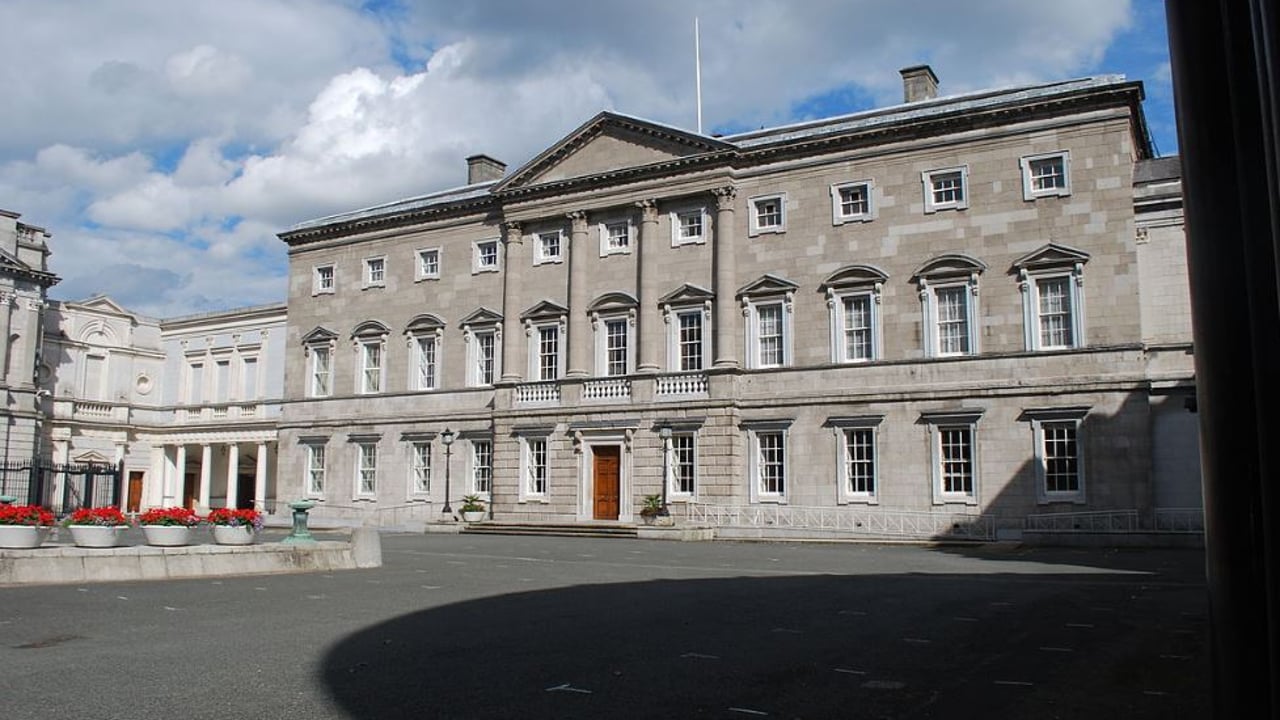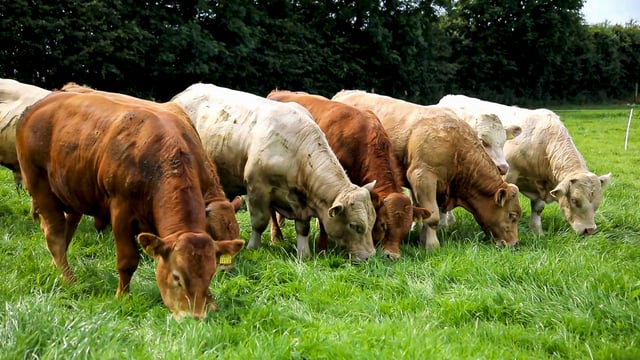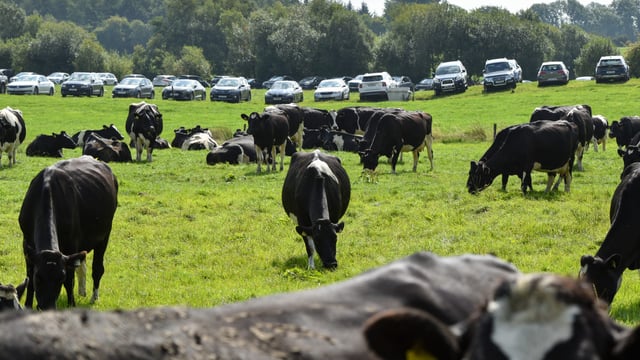Opinion: 3 standout farming priorities for next Irish govt
Three farming priorities stand out for the next Irish government, irrespective of which coalition of parties take over the reins of power in 2025.
These are: Improving water quality, delivering sustainable incomes across all sectors, and working to deliver a sustainable review of the Common Agricultural Policy (CAP).
The issue of water quality may be a case of the horse having already bolted. The figures produced by the Environmental Protection Agency (EPA), where this crucially important matter is concerned, remain stubbornly disappointing.
However, the new government must commit to make that all important difference, and to do so in very short order.
The loss of the nitrates derogation would be a body blow to production agriculture in Ireland, across the board.
If the last five years has taught the farming industry anything, it’s this: Driving efficiency at farm level is the only way that the carbon footprint of production agriculture and the associated food processing sector can be achieved.
This will only happen if family farm businesses can make a living. Only then, will they be able to invest in the future of their businesses in ways that make sense for them and the country as a whole.
The next review of the CAP will be upon us in the not too distant future.
Priority number one for the next Irish government, will be to address the legacy issues that were left hanging from the last time that Brussels had a good look at the role of agriculture across the EU.
One of these, is the question of convergence, where the value of basic payment entitlements is concerned.
The tillage sector felt very hard done by when the issue was first kicked into play.
The next Irish government must be very mindful of this reality, as the convergence debate once again gathers momentum during the period ahead.
But there is a bigger picture story to be addressed as European agriculture looks to the future. The fact is, that the industry is not a monolith.
The needs of Irish farmers are different in so many ways, relative to their counterparts in the likes of Poland, Spain Romania and the Czech Republic.
There will remain certain over-arching principles that must be agreed, but, in tandem with this, there is the need for a future CAP that can account for regional difference in a more effective manner.
If this means that individual governments are allowed to use more national funding to support their indigenous farming sectors, so be it.
The coming days and weeks will allow the political classes to analyse the 2024 election results to the nth degree.
For me, the most disappointing aspect of the three week campaign was the very poor level of debate entered into by any of the politicians, where the future of production agriculture is concerned.
Last time I checked, farming remains Ireland’s most important indigenous industry.





